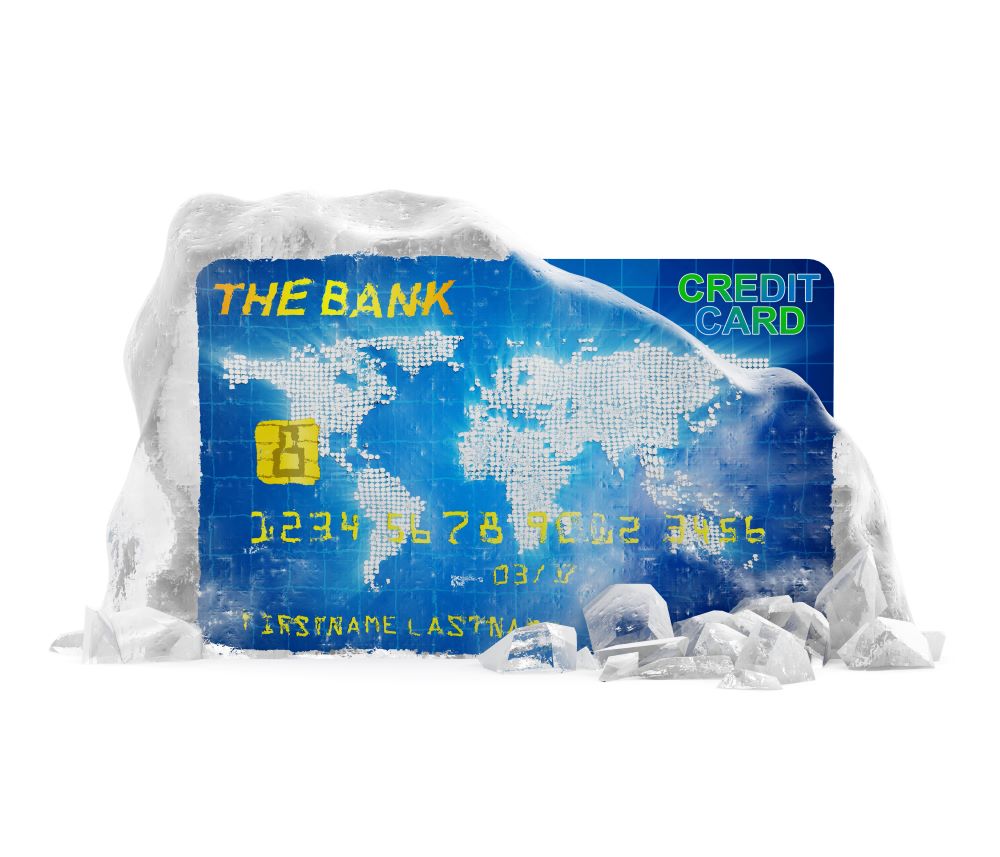When it comes to staying on top of your credit report and scores, the unfortunate threat of identity theft should be on your radar.
If you find an unexpected or an unfamiliar account on your credit report, your personal information might have been compromised. Regular credit monitoring can also help discover changes and suspicious activity. So, you can act quickly if your identity, and your credit, is at risk.
Fortunately, there are steps you can take to help protect your credit and identity. This includes freezing your credit or locking your credit.
Both are good ways to help protect your personal information and credit from being used by scammers to open new accounts. But there are important differences between these two options.
The Difference Between Freezing and Locking Credit
1. Freezing Your Credit
A credit freeze generally stops access to your credit report, so most lenders can’t see your information until you unfreeze it. When you set up a credit freeze, also known as a security freeze, you’ll be assigned or asked to create a PIN code or password you can use when unfreezing, or thawing, your credit file. If you, or someone else, apply for a new line of credit in your name, the lender won’t be able to view your credit report, which puts a stop to the application. A freeze is free and available to anyone, whether or not you are a victim of identity theft.
To freeze all three of your reports you’ll need to contact Experian, TransUnion, and Equifax separately. You’ll be asked to provide personal information, including your Social Security number, photo ID, and proof of residence. You’ll also need to answer questions that verify your identity.
A freeze remains in place until you ask the credit bureau to temporarily lift it or remove it altogether. If the request is made online or by phone, a credit bureau must lift a freeze within one hour. If the request is made by mail, then the bureau must lift the freeze no later than three business days after getting your request.
2. Locking Your Credit
A credit lock gives you access to credit monitoring and blocks companies from viewing your credit file. Like a credit freeze, you can coordinate with creditors to give them temporary access to your credit file whenever you want. The key difference is that it’s simpler to unlock a credit lock; you can unlock your credit history immediately at any time, on your computer or mobile device, when you do want to allow access. This option may require a fee and, unlike a freeze, locks are not governed by federal law. Service agreements for each bureau may vary.











